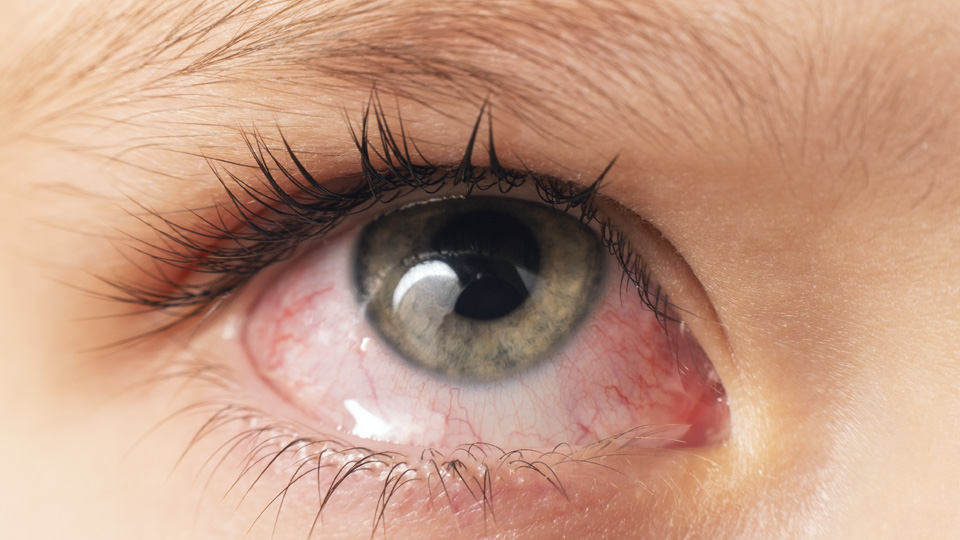Benefits of strength training
22/04/2025

31/10/2024
Vernal keratoconjunctivitis is a chronic inflammatory disease that primarily affects children and adolescents. It is a severe form of allergic conjunctivitis that tends to be recurrent and seasonal, most often in spring and summer. This condition impacts the conjunctiva and cornea, and while it usually resolves by adulthood, it can lead to serious complications if not treated properly.
Symptoms:
Causes:
Vernal keratoconjunctivitis is linked to an immune-mediated allergic response. Triggers include environmental allergens, such as pollen, dust mites, or mold. Genetic factors and a personal or family history of allergies, such as asthma or allergic rhinitis, also play a role.
Treatment:
The treatment of vernal keratoconjunctivitis focuses on controlling symptoms and preventing corneal damage. Options include:
Complications:
If not treated properly, vernal keratoconjunctivitis can cause complications such as corneal neovascularization, corneal opacities, ptosis (drooping of the eyelid) and other more serious issues like corneal ulcers and scarring, which in severe cases can lead to vision loss.
Regular follow-ups with an ophthalmologist are important, especially during periods of increased inflammation.
Dr. Anna Monés, ophthalmologist at the Barraquer Ophthalmology Centre